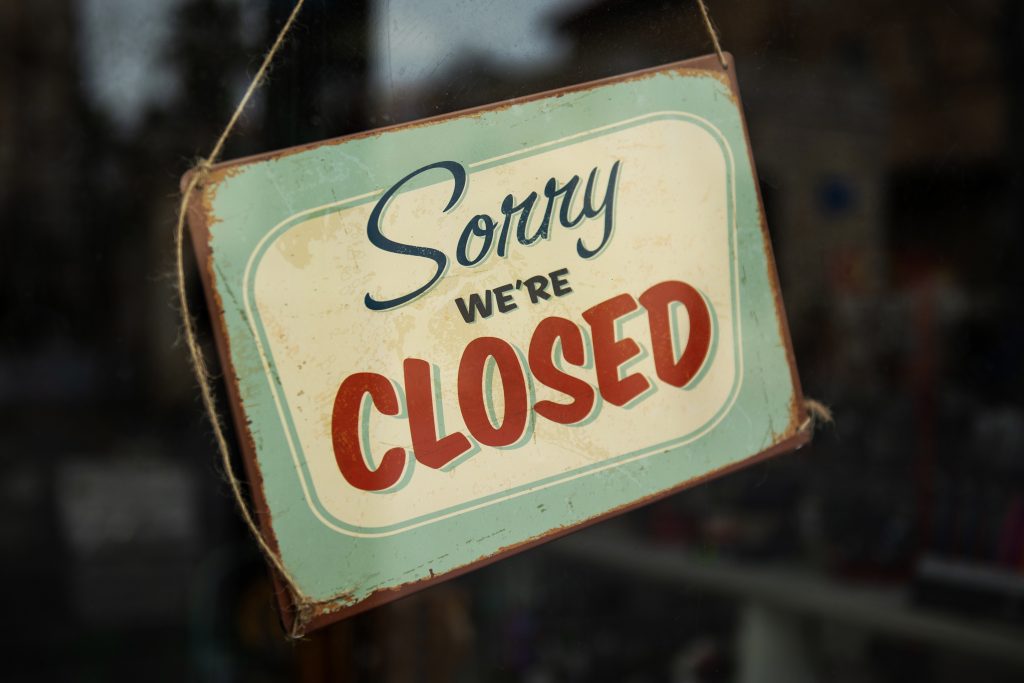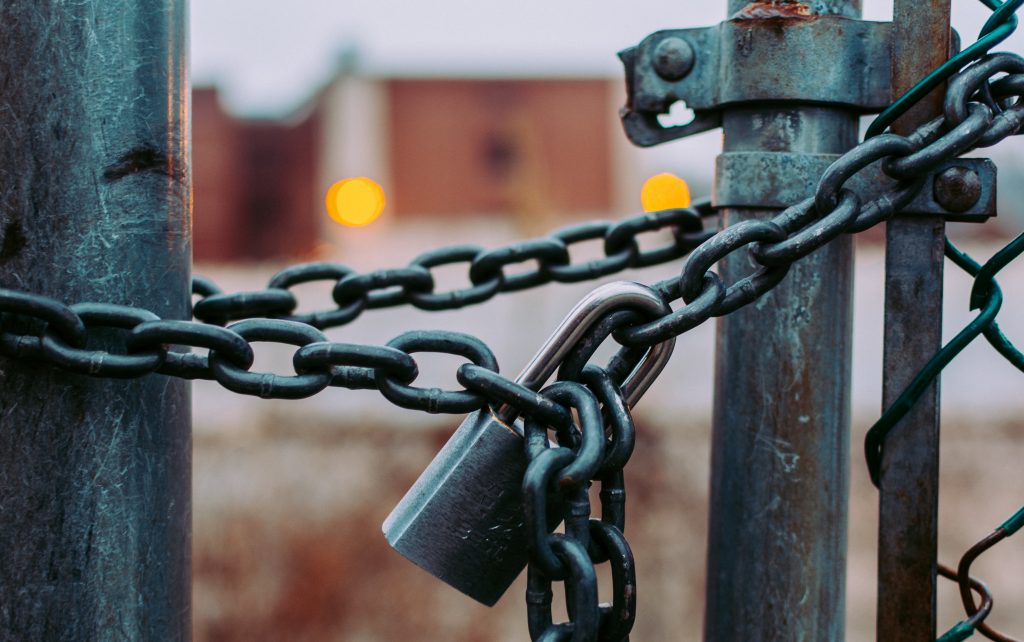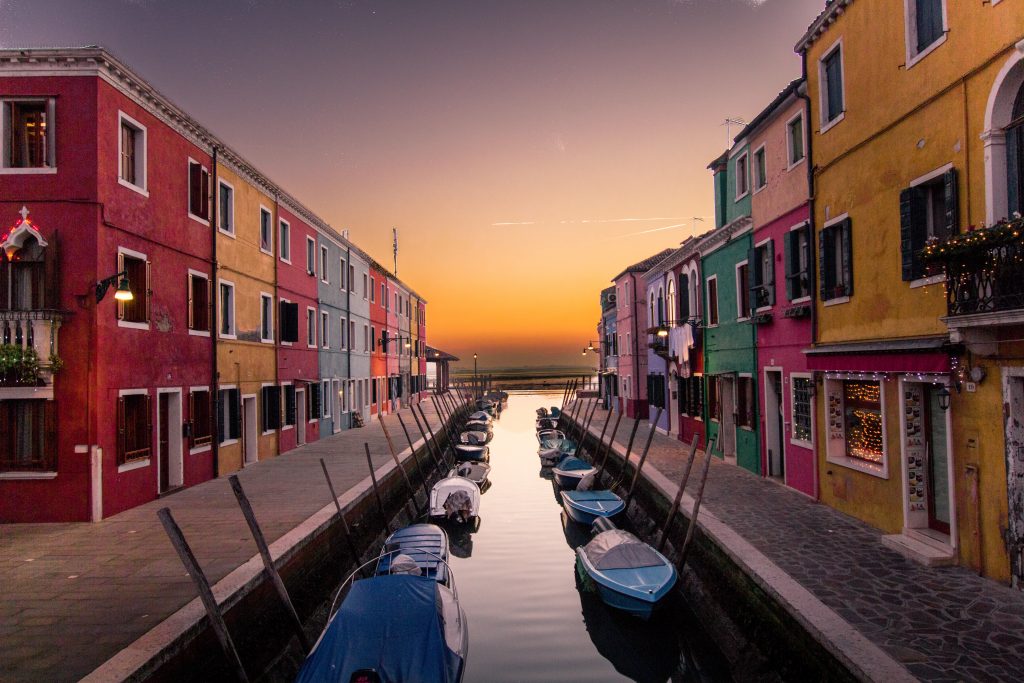The old continent is overwhelmed by the coronavirus pandemic and general lockdown. Let’s have a look at the way each country handles the crisis.
Where are the strictest rules and where are the most permissive ones? What is their impact on the daily lives and work of Europeans?

One of the most affected fields in all countries is tourism and hospitality, in the context of closed borders, closed hotels, and restaurants. Tour guides, who are walking encyclopedias and means of promoting a country’s history and culture, are among the most afflicted, together with hotel and restaurant staff. Anamaria Fumagalli, a guide from Milan, Italy has expressed her opinion on Facebook, posting her part of the Insights from Europe’s COVID-19: “As tour leaders, we do not have stable jobs, because it is not known when the next trip will come. Travel Companies usually hire us without benefits, there is no health insurance for tour guides, not to mention a Holiday bonus or a government incentive.“
The 1-mile COVID-19 rule
It’s no secret Italy and Spain are among the countries most damaged by the virus and with the strictest rules to stop its spread. While in France, citizens can jog within 1 mile of their home and in the UK some parks are still open for exercise, in Spain people only go out to go to work, to the doctor, visit needy relatives or shop for essentials. A.P, work at home mother of two girls aged 5 and 2, living in Madrid, is concerned about the consequences the lack of exercise and fresh air might have to her daughters. She also believes “it’s a challenge for me and my husband to work from home with little children who need supervision.” She also considers not being able to take a walk with her daughters an “excessive” measure.

Victims tied up
M.S., a French former bank manager, is actually worried about the victims of domestic violence who, in many cases, are forced to stay at home with the abuser. This is an issue everywhere, not only in France. BBC Scotland has cited Dr. Marsha Scott from Scottish Women’s Aid: “The pandemic may increase the opportunities for people who are already abusing to control and coerce women and children in their homes to a greater degree”. The charity has a helpline open 24 hours a day during the pandemic.
In Romania, people over 65 are only allowed to go outside during 11 and 13, a measure deemed by many discriminating. The elderly are frustrated, as they feel pressured and neglected. Romanian senator Vlad Alexandrescu has come up with the initiative of eliminating this restriction for the elderly, stating that the government should not decide for the people when it is the best time to leave the house for supplies, exercise, or walks in the neighborhood.

All in all, lockdown and its restrictions are changing the lives of Europeans in ways the old continent hasn’t seen in centuries. Who would have thought, in January 2020 that we would be all facing travel, work, and social restrictions because of a medical crisis?
Give us your thoughts on this!
Thanks for the awesome pics Jose Fontano, Fabio Mangione, Tim Mossholder & Jeff Hendricks!




1 Comment
[…] 15, 2020 United Journals Discover World […]